What Are The Best Use Cases for AppChains?

December 9, 2022
7 min read
Application-specific blockchains are exactly what they sound like: a blockchain network dedicated to one particular application. These application-specific blockchains act like child-chains that are attached to a mainchain, or parent-chain. With this configuration, the application-specific blockchain is able to have its own unique consensus mechanism, process its own transactions, and still inherit much of the security and provenance provided by its parent-chain. AppChains empower devs to reach their full potential by allowing them to build with frameworks they feel most comfortable with, and languages they prefer to utilize.
But which type of Web3 Applications are best suited to run on an AppChain? Let's take a look.
DeFi Protocols & NFT Marketplaces
Even with the best developers in the world, there are minimal workarounds for the problem of slow transaction speeds. For DeFi protocols with large TVL liquidity pools and tons of swaps happening per second, low transaction speeds crank up the slippage, which isn’t good for user satisfaction. AppChains offer a solution to a DeFi protocol or NFT marketplace with high slippage percentages.
Furthermore, the user experience isn’t going to be as great when it takes 20-60 seconds to process each transaction because of mainnet blockage. If you’re looking to create any sort of NFT marketplace or DEX (aggregators, lending protocols or yield farming pools), then AppChains could be just the solution.
For example, the BOMB Chain is a custom-built AppChain developed by Ankr and the BOMB Money team. With our AppChain technology Bomb money now has a Binance Application Sidechain with a cross-chain bridge to BSC and other networks. With this full suite of solutions, their protocol runs faster than ever, has a more intuitive user experience, and has full transparency and proof of assets on-chain.
Traditional Banks
We can imagine that traditional banking would find AppChains particularly useful. With AppChains, a bank could have its own independent blockchain specifically suited for its customers' needs.
If a fiat-only bank wanted to start handling digital and international transactions, they could accomplish this with the help of application chains. It would be fully auditable and work with regulation so that common citizens could rest assured that their money is FDIC-insured even though they’re transacting with crypto.
Web3 Social Media Platform
Right now, there’s a ripe opportunity for a blockchain-based social media platform to take off and become the primary social platform of the future of the internet. There are numerous social dApps that have been built (like Mastodon and DeSo), but none have seen anywhere near the adoption of the mainstream platforms (Twitter, Instagram, TikTok, Facebook, and Youtube.)
A Web3 social media platform will need to handle an extraordinary amount of transactions if they are to store the requisite information on-chain. This will likely require a dedicated AppChain to keep transaction costs low enough and fast enough for a good user experience.
Mastodon and DeSo are both twitter-like platforms, but we haven’t yet seen a project take off that attempts to create a blockchain video/movie streaming service. Maybe this is what’s next, or perhaps something far better.
Imagine a social media platform where every image posted was stored as an NFT, and every creator had their own creator coin which accrued in value as they grew their page! All could be powered on a dedicated AppChain.
A Blockchain-Based Insurance Company
Private AppChains enable countless use cases that weren’t available with solely transparent blockchains. For example, an insurance company could build its digital infrastructure on top of an AppChain and could handle all documentation and claims through NFTs, and could pay out all filings directly on-chain to the customer.
Supply Chain & Logistics
With Ankr AppChains any company that is shipping physical products can use a custom-built blockchain to trace the history of a product from its point of origin to where it currently resides.
For example, a grocery store that is receiving hundreds of thousands, if not millions of item purchases each day can more effectively track which items need to be restocked, which items have shipments on the way and where they are in the supply chain. On top of that, the AppChain can be used for customer-facing purposes as well. Let’s say that a customer has dietary restrictions or wants to ensure that the food they’re getting is of the highest quality. With an AppChain they could scan the food item and find a thorough breakdown of the origin location and each shipping route that the item took so that they can find the food that’s the most fresh and organic.
With the Ankr Chainscanner block explorer provides a powerful google-like UI where you can copy an address/hash/block and get directed to the exact information you’re looking for.
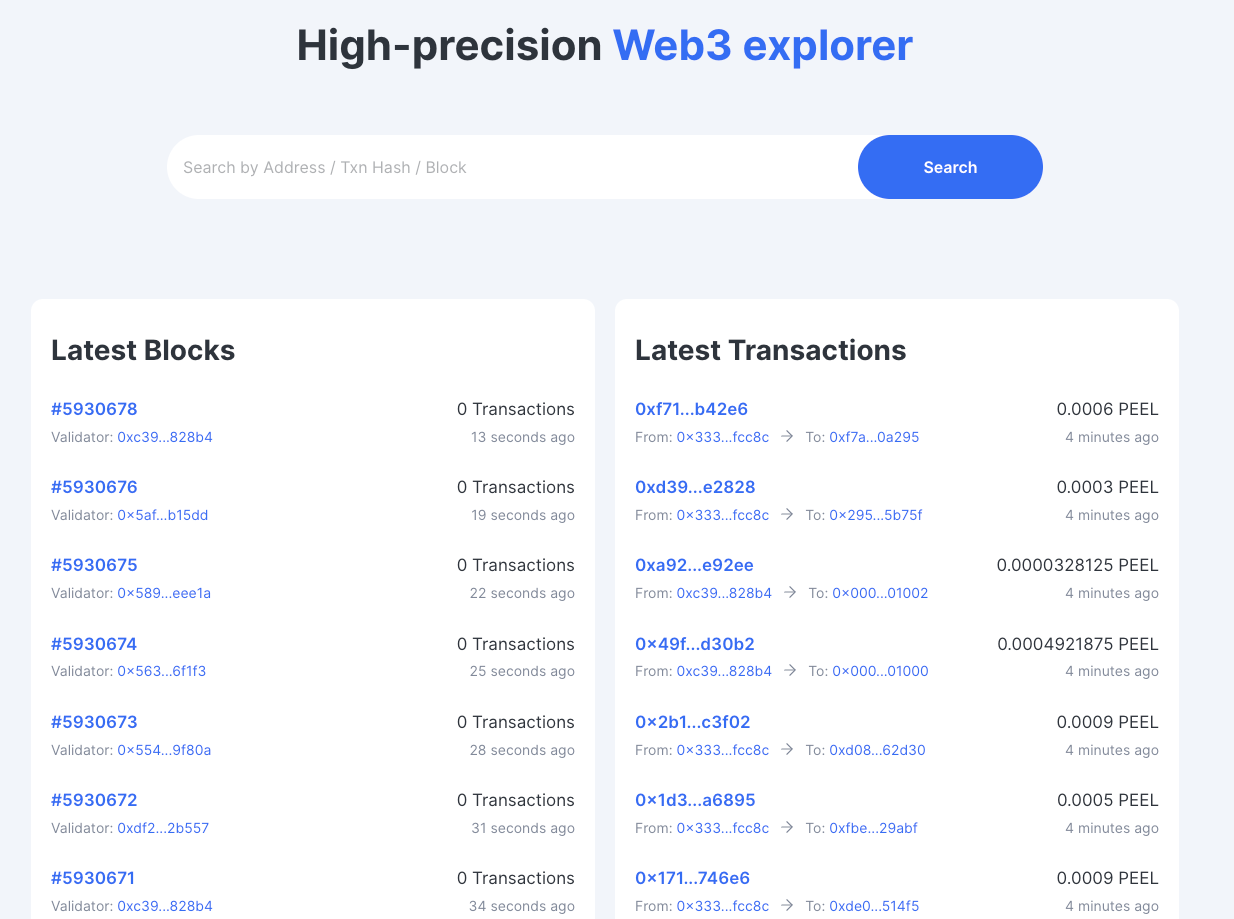
Rather than relying on a centralized database, like AWS, that has the potential to go down, your AppChain will be secured by a decentralized network of validators that all ensure the network remains secure and online. With this reliability and security your customers will have access to all the relevant supply chain information.
Decentralized Gaming
AppChains enable so many possibilities for the Web3 gaming industry that were previously off-limits due to high transaction costs and slow speed of transactions.
Appchains streamline the building experience for developers, which makes the user experience much better (the exact thing that is lacking in most Web3 games). Furthermore, the better the user experience gets for these the more non-technical users will be able to play Web3 games without needing to know how to interact with smart contracts with one’s wallet and cryptographic keys.
Let’s take a look at how this evolution happened for Web3 games. In the beginning of the internet there were computer games like Pong. These games were simple to play, but there was a high barrier to entry because you needed to know how to run an at-home computer which required too much technical knowledge back then.
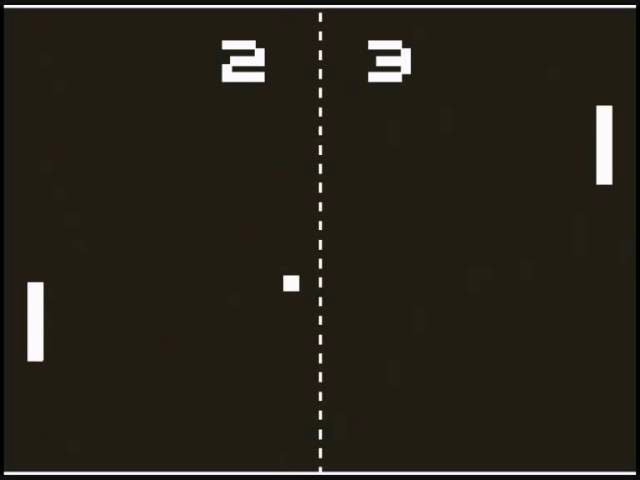
Similarly, setting up a private wallet and onboarding initial funds onto a blockchain is quite a technical process for the average internet user. This barrier to entry stops most people from enjoying the benefits that Web3 has to offer, but with AppChains, games can build a good enough user experience that this barrier to entry is decreased.
People can play Web3 games just like they play all of their Web2 games, because Ankr enables seamless wallet and staking integrations as well as streamlined building on top of the AppChain.
On top of that, AppChains enable low or even zero gas fees which means that more click-actions in the game can be stored on-chain, fully utilizing the innovation that blockchains truly offer.
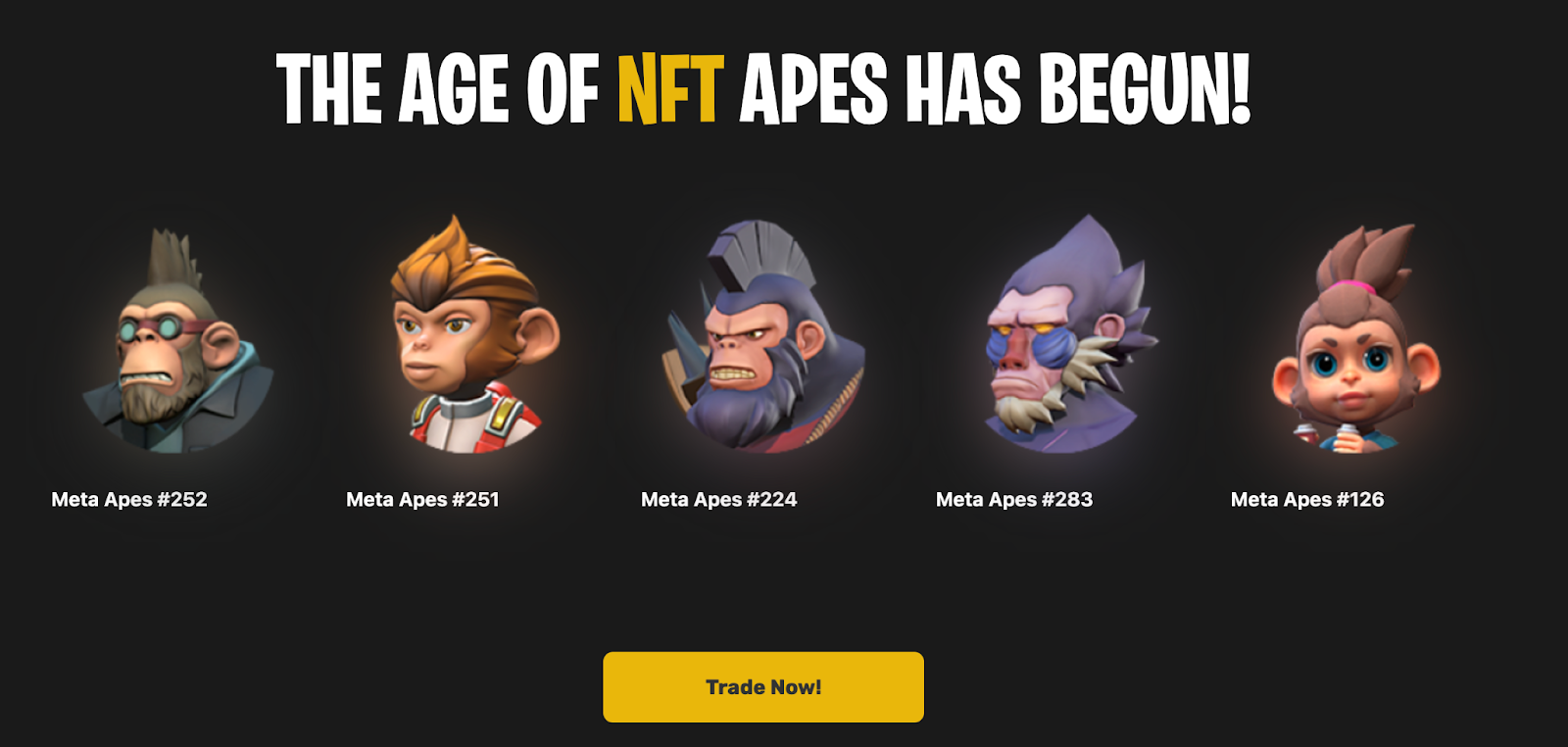
With AppChain gaming, users can own NFTs of their characters which they can trade for other traders or even sell for actual crypto.
Permissioned AppChains Governments / CBDCs
AppChains could be created for governments to run fully private blockchains to increase the efficiency of their digital operations.
Many governments around the world have already started building central bank digital currencies (CBDCs) so that they could control the circulation and supply and operation of their national currency Japan is leading the way in government-issued digital currencies with many countries following suit.
There’s a prime opportunity here for governments to begin using permissioned AppChains as a way of warranting official government documents to its citizens like driver’s licenses, passports and state IDs.
This makes it possible to privately integrate Web2 enterprises with the blockchain space — while maintaining identity verification standards. With robust identification security measures, banks, governments, and CBDCs can all become potential AppChain users.
This may even legitimize blockchains as a reliable technology for the broader population.
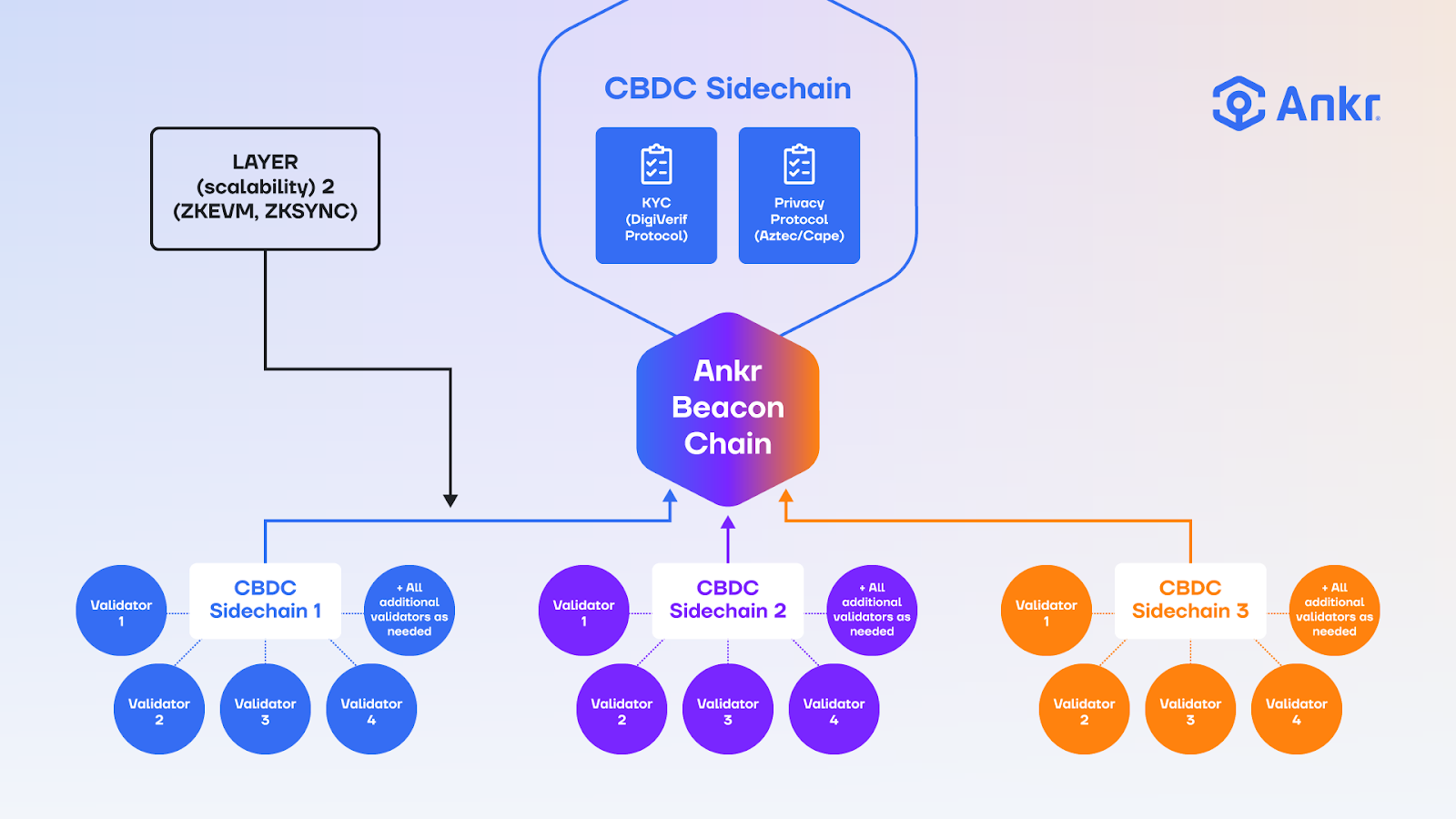
Chainscanner
Ankr’s chainscanner tool provides all the insights that one needs when it comes to managing and interacting with an AppChain. It provides everything from transaction/block data (think Etherscan / Bscscan), as well as token information, staking/unstaking capabilities and much more.
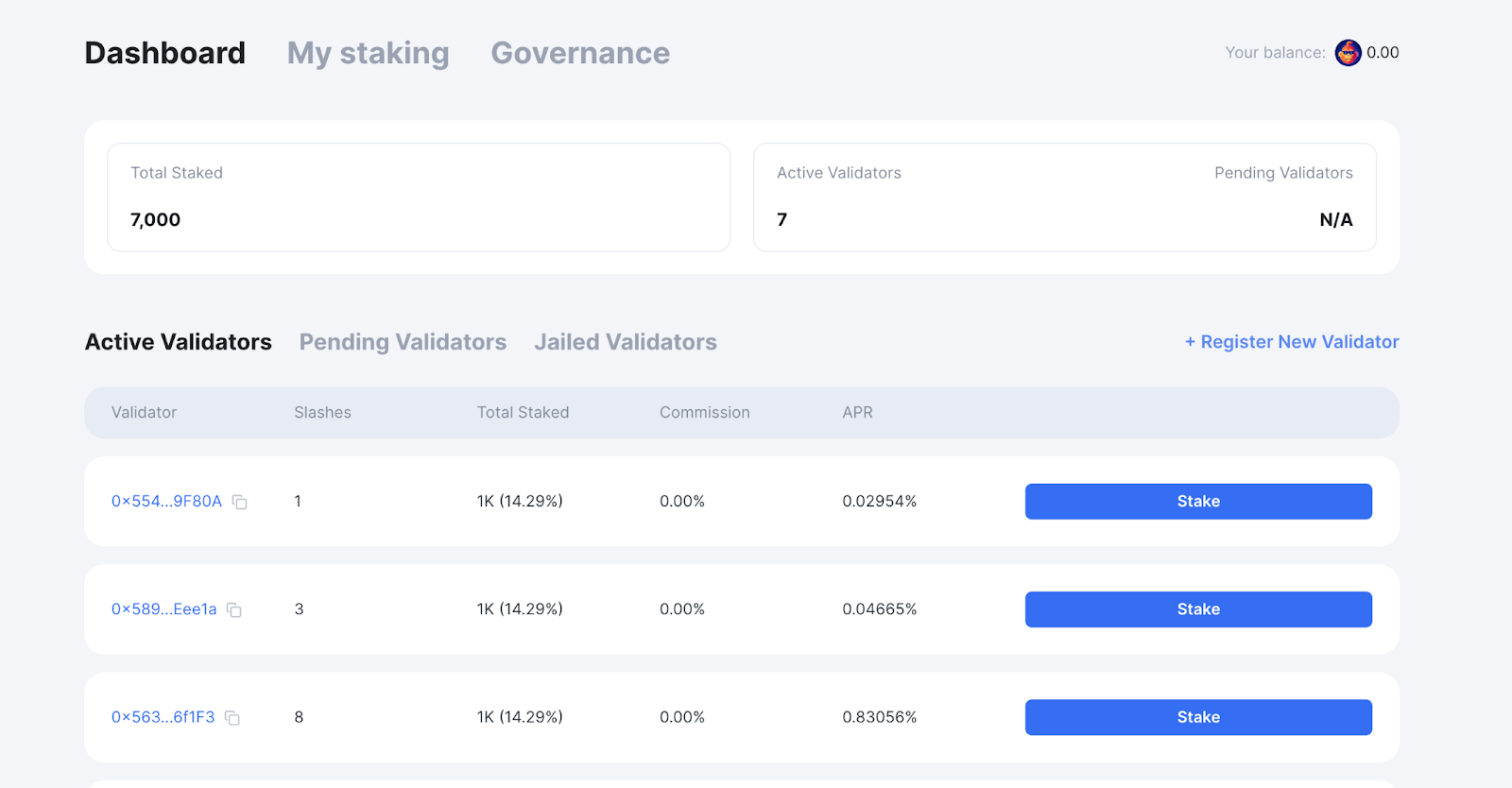
The chainscanner provides key features for anyone that is playing a Web3 game using an AppChain or interacting with a DeFi protocol can gain access to the block insights by going to the chainscanner dashboard on the ankr website and choosing the specific AppChain that the dApp is utilizing.
Conclusion
As we can see, there are numerous different use cases of AppChains and we’re only covering the tip of the iceberg. With AppChains the scope of what can be built is broadened and we’ll likely see more institutional use cases that handle larger amounts of transactions in a more seamless way.



